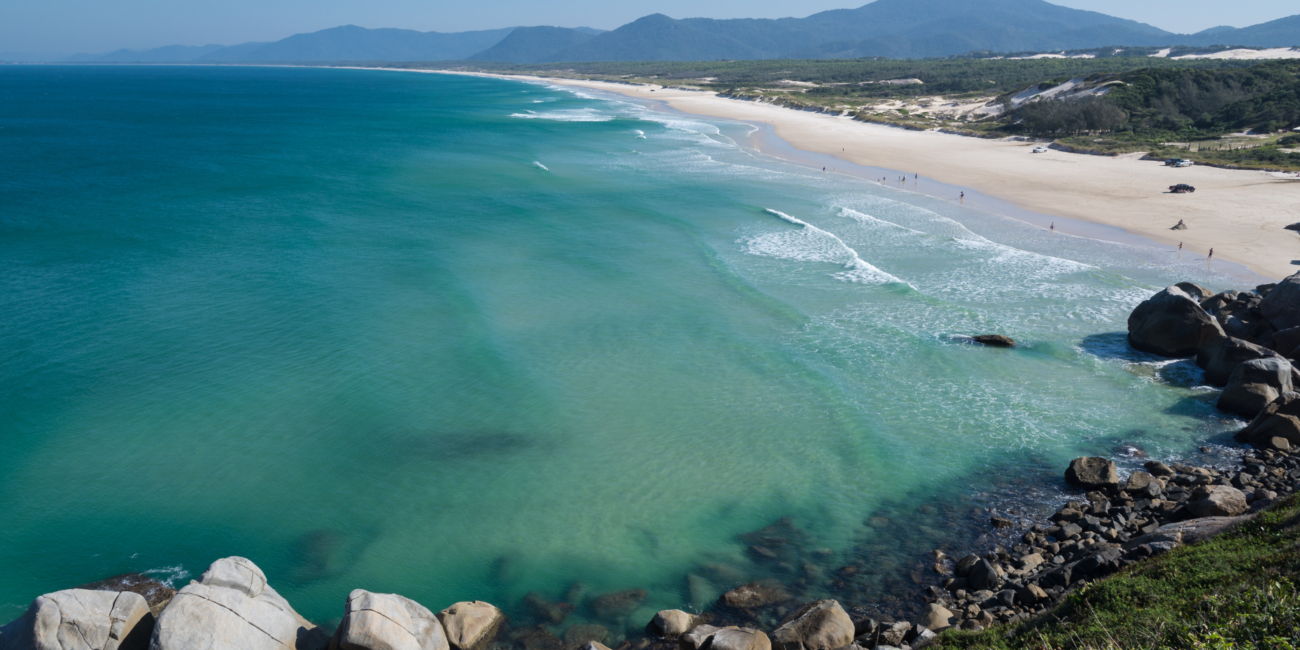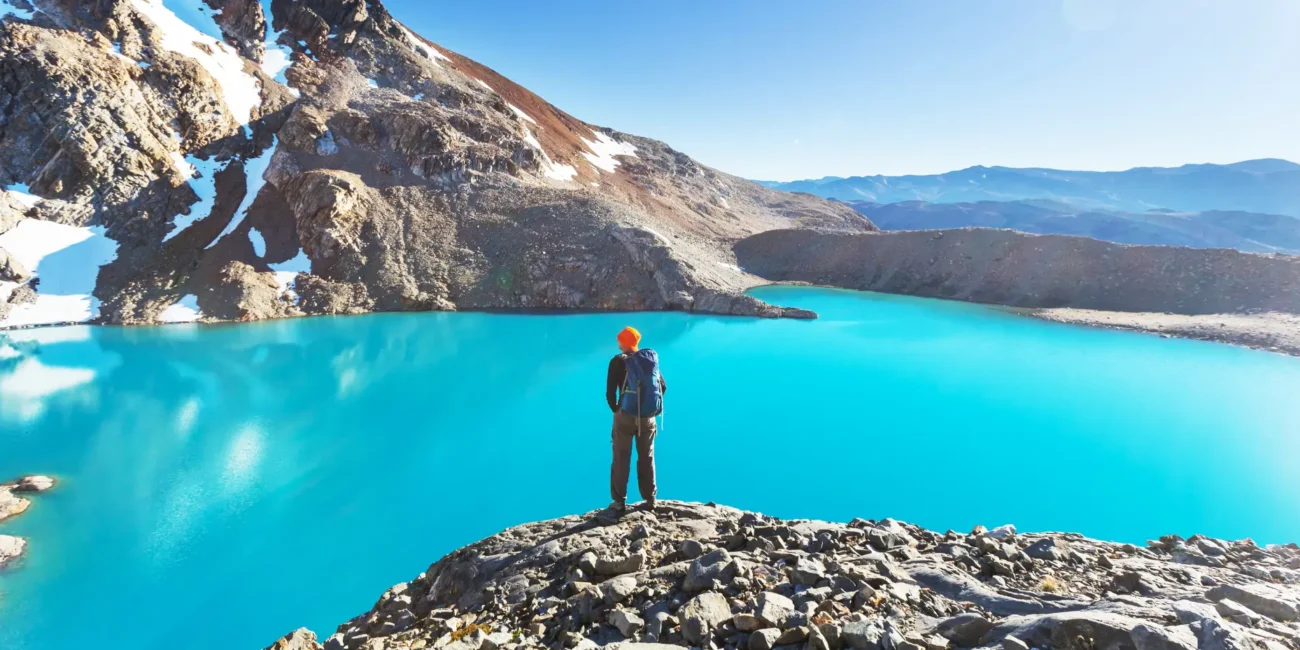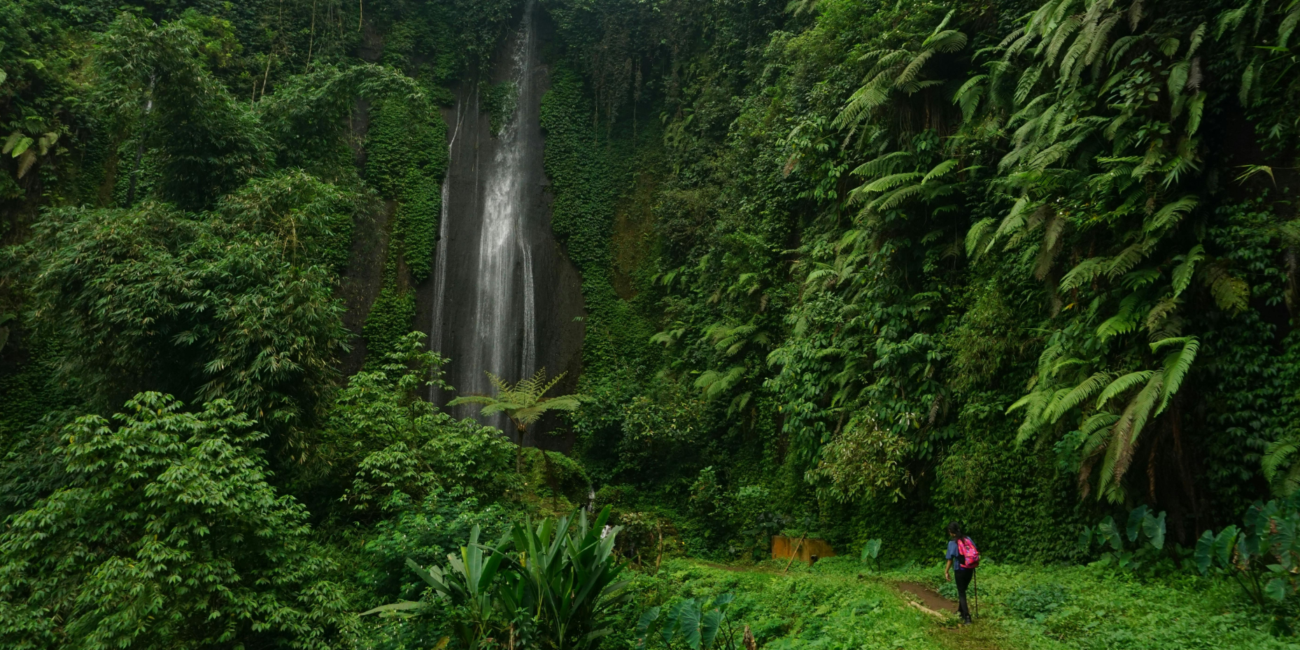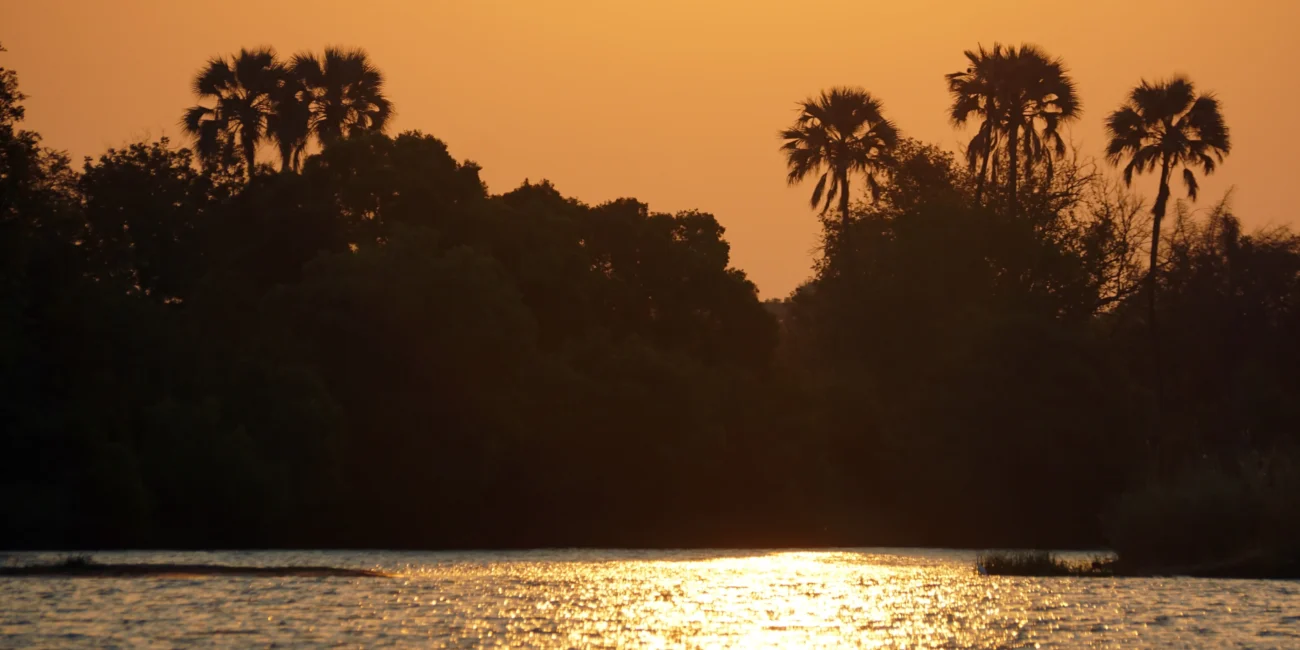5 things we learnt from our conversation with Kristine Tompkins, hosted by Jonathan Baillie
During this conversation, Jonathan Baillie catches up with president and co-founder of Tompkins Conservation, Kristine Tompkins.
Hearing about her childhood and upbringing, we learn how Kristine first engaged with the natural world; the ‘corporate’ skills she has brought to conservation; and what drew her to Argentina and the creation of Iberá National Park.
Discussing the challenges she faced, the inspiration she’s learned from, and the profound impact her efforts have had on the biodiversity of Iberá’s wetlands, this inspiring conservation sheds light on the phenomenal ongoing conservation project taking place in Argentina. Between 22nd – 29th September 2024, we will be leading a small group to engage with the project firsthand – Read about the itinerary and join the journey here.
To shine a light on Kristine and Jonathan’s collective wisdom and their insightful conversation, we’ve shared a few of the takeaways that resonated with us below.
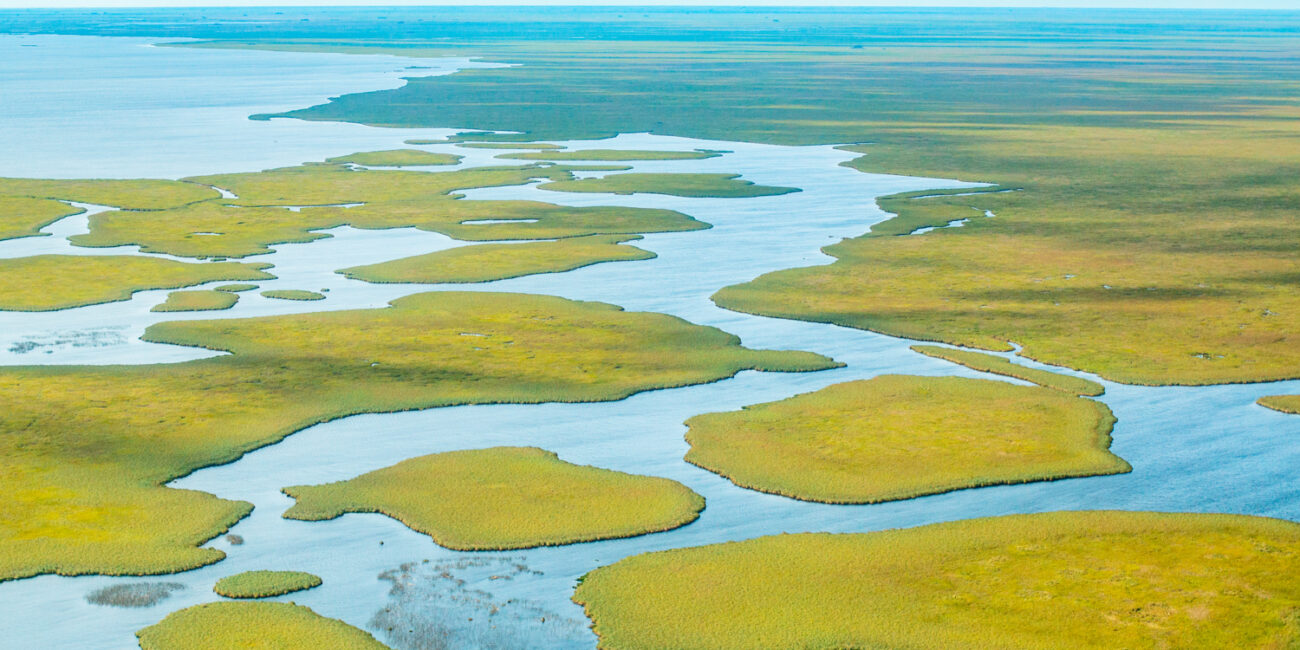
1. Challenging yourself with the question ‘Why not?’ may take you far
From growing up with a father who believed his children could do anything they set their minds to, to working alongside the visionary entrepreneur responsible for the 1% for the planet pledge, and marrying a man whose philosophy in life was to ‘commit, then figure it out’, Kristine Tompkins has spent her life surrounded by figures who’ve had the courage to maintain their vision in the face of adversity.
When asked how she has, time and again, found her own courage to keep going in the face of adversity, Kris responded that she gained the confidence early on from these influences, learning that if you had an idea, the worst that could happen would be that it didn’t work out.
“The fear of failing just wasn’t in my lexicon. I’m so fortunate. I attribute these skills to the people in my life and to this day I feel like… why not try to rewild jaguars? Why not? Doug always quoted, ‘you miss 100% of the shots you never take’ and that really sunk in with me. I try to instil that with everybody we work with, especially in conservation, because we’re really at the edge of the next generation of conservation.”
Thankfully, for the planet and us, Kris has not been deterred by her challenges. Together with the help of her late husband, Doug, and the Fundación Rewilding Argentina (FRA) team, she has now protected just under 2 million acres of wetlands in the Corrientes Province of northeastern Argentina – the biggest in Argentina and the largest and most pristine of any other wetlands in the world – in the creation of Iberá National Park. Here, the project is reintroducing keystone species; protecting endangered flora and fauna, such as the pampas and marsh deer, maned wolf, anteater and grassland birds; and conserving over 30% of the country’s biodiversity.
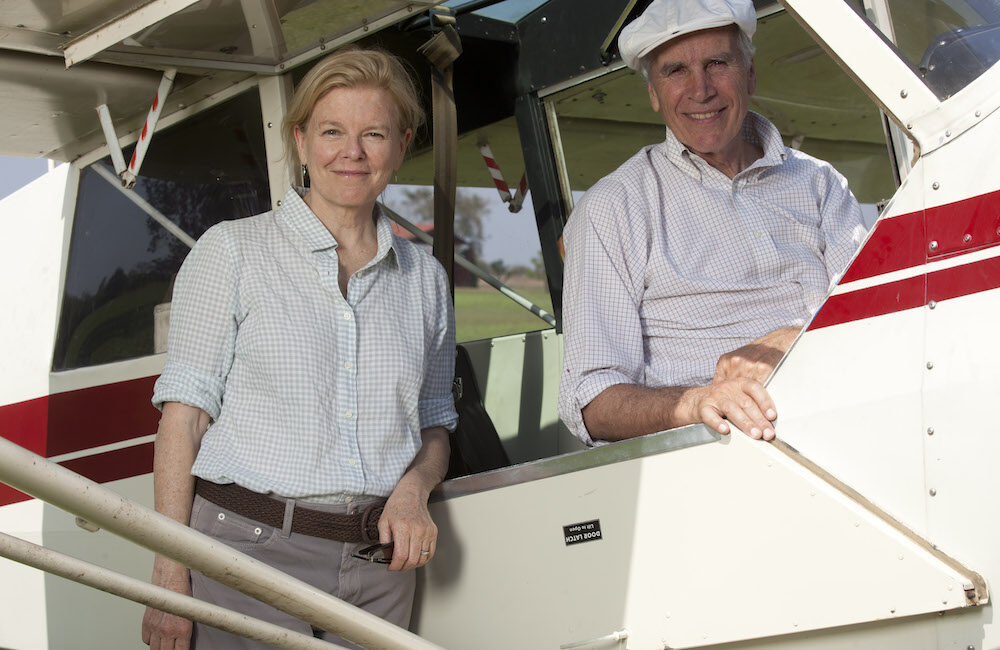
2. Now is the time for proactive conservation
We are living through groundbreaking developments in conservation, where small groups of people are continually raising the bar, looking at more complex concepts and setting new expectations. As stewards of the planet during a period of drastically needed change, we need to move away from reactive conservation and help facilitate steps for proactively restoring, rewilding, rebuilding, and redefining our relationship with the natural world.
“Whether it’s social systems or natural systems, conservationists have nothing to lose. We’re living in a time when being shy about stepping out there and trying to create new ways of working better, faster, and with more long term results is essential.”
Kris and the FRA team have done just this at Iberá National Park, having now successfully reintroduced three jaguars to the wetlands following a 70 year disappearance.
“Doug really saw that [this place] must be a goldmine for biodiversity and it was, but there were some specific species missing. And so, more than 15 years ago, we had this epiphany that we needed to bring them back. If our goal was a fully functioning ecosystem and our space is missing so many keystone species, just protecting the wetlands alone wouldn’t be enough… Today, you can’t swing a cat without running into some of the offspring of the very early rewilding individuals and it’s beautiful, it’s really wild.”
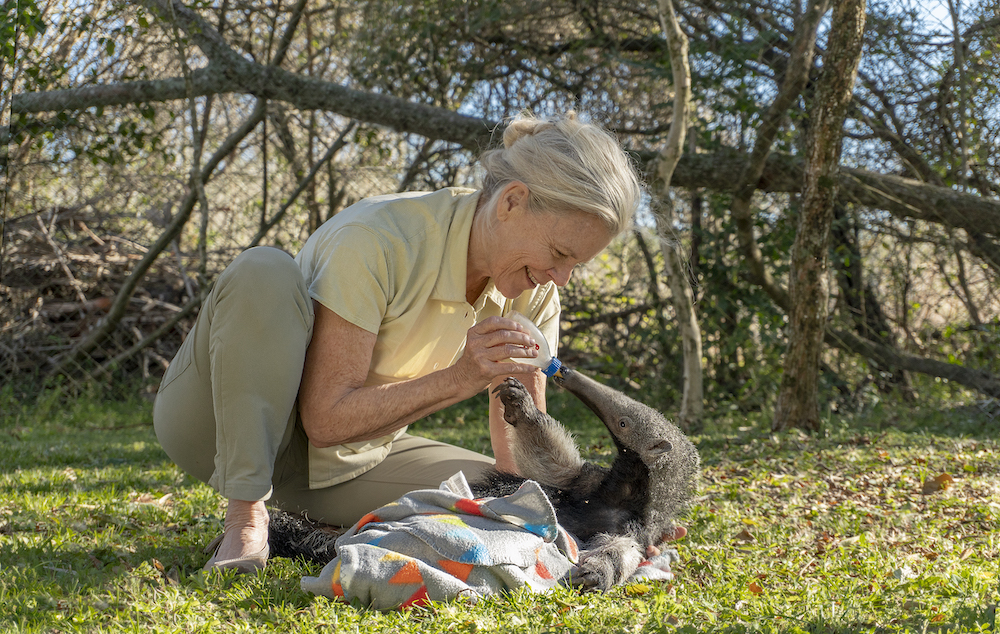
3. We are all connected to nature
Reflecting on our relationships with nature during the coronavirus pandemic, Kris and Jonathan note how it became increasingly clear that, especially for children, our mental health is not assured if we aren’t able to engage with the natural world. It’s so important to remember that we need to engage with nature to be fully developed human beings, and that when nature suffers, so do we.
“If humans are suffering, we have work to do. If the nonhuman world is suffering, there is work to be done. We’re at a stage where these two universes are colliding. The health and welfare of human societies and the nonhuman world is really being pushed to the nth degree through climate and extinction crises, and it’s these that have led to such things as pandemics and so on… The farther we get from really understanding our place in the circle of life, the more dangerous our lives become.”
To help communicate this point, and to really enable guests to reconnect with their natural surroundings, our journey to Iberá wetlands offers a holistically immersive experience, staying in locally-run lodges in the heart of the reserve. With days spent alongside biologists and FRA Executive Director, Sofía Heinonen, tracking and monitoring wildlife (including jaguar and giant anteaters) guests explore the vast plains by kayak, foot, and horseback with early mornings spent birdwatching and evenings relaxing before a spectacular sunset, sundowner in hand.
“When people come to visit us, we want them to go out in the field with us. We have incredible biologists and more out there, and we want guests to go out into the project, sit on the ground, talk about what’s going on – the problems we’re facing and so forth. I think it’s a great combination to also have a really sheek place to stay at night and have cocktails and hang out and listen to music and whatever else is going on. We really like the visits we get to be super interactive – where we go, they go! I just think this sort of experience is so much more lasting… For my own thinking, I focus on what people will get out of a visit. It really is talking to team members, having the chance to see just what’s possible.”
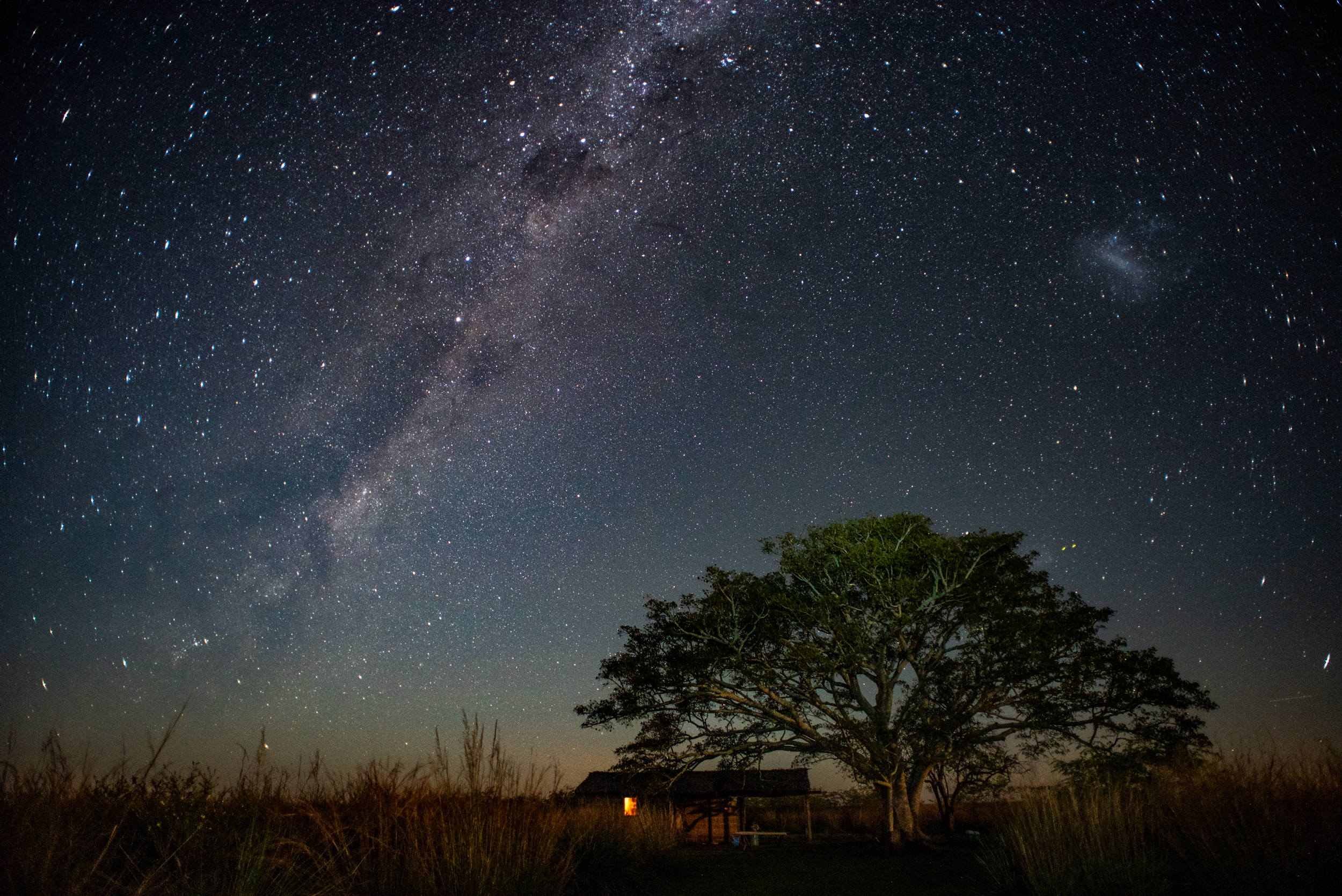
4. We are capable of dramatic change when we work together
An African proverb observes ‘If you want to go fast, go alone. If you want to go far, go together.’
Kris notes how if there was one thing the global pandemic taught us, it’s that humans can react very quickly, and at a global level, when something really collapses in the system. We have seen how humans can pool their resources, intelligence, and influence to bring about drastic change, and that we can do so under extreme pressure and within demanding time constraints.
“The same thing, in my opinion, is going to happen with the effect of the climate crisis. It’s already happening, but it’s most noticeable on the margins. This gives me inspiration that we’re capable of reacting, and very quickly, to dire circumstances. We will, in the most painful or powerful of ways, find out just how connected to nature we are.”
When asked if she thought the return of international travel could help make people stewards of the planet, Kris responded:
“I think there’s a big gap between all of us who travel to these places we love – lots of these places are being loved to death! We usually go and scrape the cream off the top and have photographs that we share with people we know.
As part of the tourist industry, we have to accept more responsibility (and that would vary depending on the case) of leaving something behind, rather than just taking something away with you. There are countries where you have to pay on site to visit certain projects, like the Rwandan gorillas, and I think that’s a huge reason that some of these populations are pretty well protected. We have to be prepared to share the burden of protection and conservation in all places we visit. It’s sometimes money, it’s sometimes making a commitment that we follow up on when we return home.”
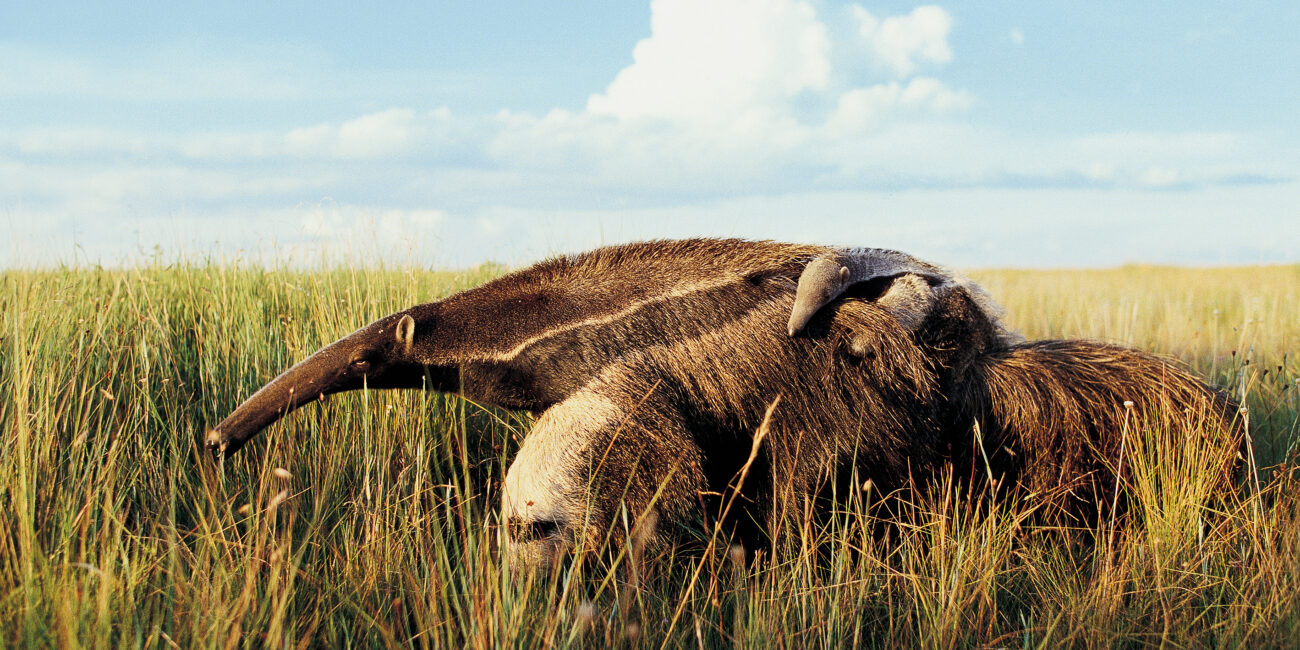
5. It is possible to play your part in this outstanding global effort when you visit the project firsthand
To truly engage and understand a rewilding story, there is no better method than to experience it firsthand. In September, we will be travelling with a small group of guests to the Iberá wetlands to discover the restoration of this extraordinary habitat and the reintroduction of so many of its keystone species. Alongside Sofía Heinonen, who will be your journey’s host, you’ll have opportunities to meet Conservation Director, Sebastián Di Martino, and other members of the wider team to learn from differing perspectives and experiences. With phenomenal wildlife to be enjoyed, spectacular landscapes to explore, and the chance to meet and learn from truly inspirational conservation leaders whilst contributing to an immensely important mission, we would love to welcome you to this project. If you are interested in joining our journey with purpose, please apply here. Spaces are limited to just 14 guests. You can watch the full conversation between Kristine and Jonathan below.
